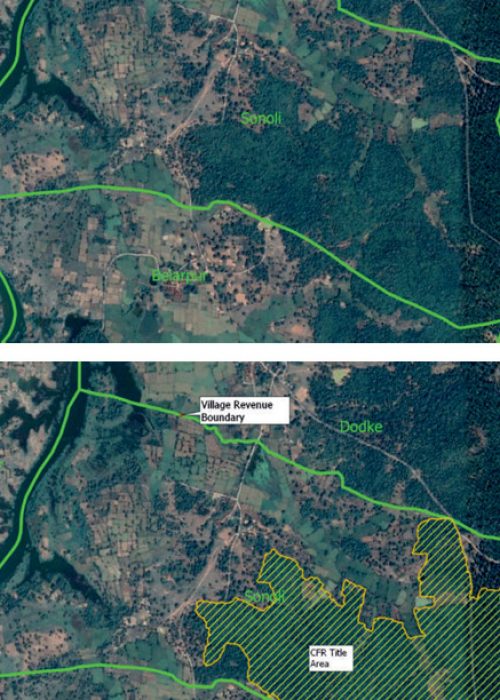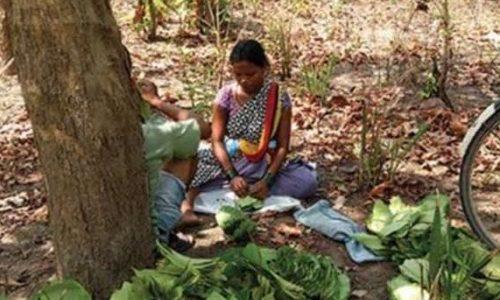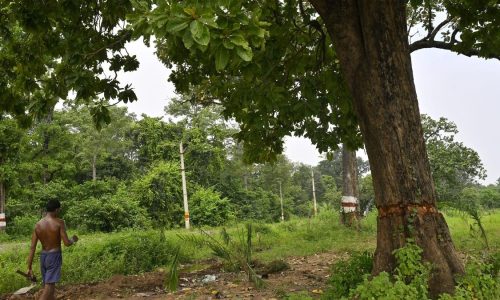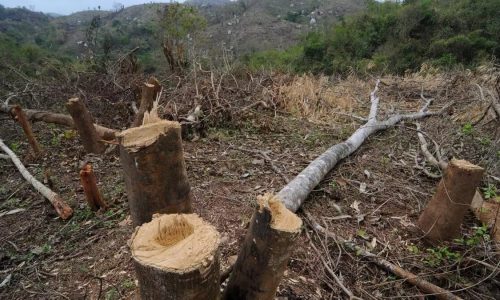Centre for Environment and Development ATREE | October 2020
Sharachchandra Lele, Arushi Khare, Shruti Mokashi
The Scheduled Tribes and Other Traditional Forest Dwellers (Recognition of Forest Rights) Act 2006, commonly known as the Forest Rights Act or FRA, is a landmark legislation in the history of independent India. It recognizes the multiple historical injustices imposed on forest-dwellers in India, particularly in central India, since the colonial period. To redress these injustices, the FRA provides for recognizing multiple forms of rights: individual rights to preexisting cultivation and settlement, i.e. Individual Forest Rights (IFRs), community rights to use forests, also known as Community Rights (CRs), the right to manage and protect the forests i.e. Community Forest Resource (CFR) rights, as well as habitat rights of particularly vulnerable tribal groups (PVTGs). It also asks that Forest Villages be converted to revenue villages. The CFR rights provisions in particular can potentially transform forest governance in India, because they decentralize the authority of forest management to Gram Sabhas.








